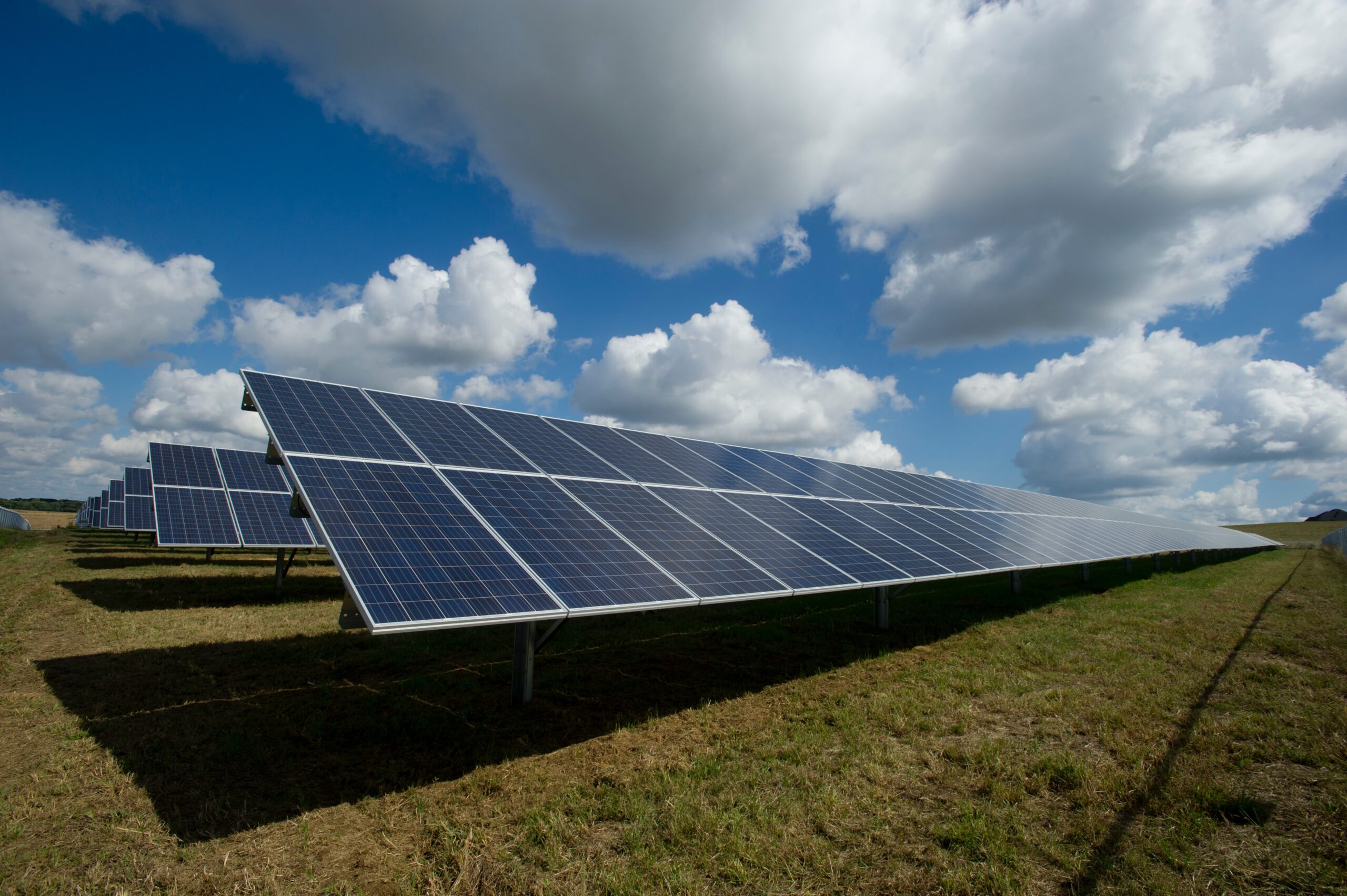Even with rapid testing and trials, a vaccine against COVID-19 will only be available by the end of this year or by next year. But the next 12-18 months will be critical for countries. They must prepare themselves for an extensive immunization program.
In his most recent address to the nation, Prime Minister Narendra Modi called the International Solar Alliance (ISA) India’s “gift to the world” in the fight against climate change. The ISA is an inter-governmental organization, jointly launched by India and France in 2015 on the sidelines of the COP21 summit in Paris. The idea was to harness clean and low-cost solar power in solar-rich countries to make them energy secure and self-reliant.
Although it is still too early to gauge ISA’s achievements as an enabler of low-cost solar energy, it can certainly play a vital role in the development of sustainable cold supply chains for potential COVID-19 vaccines. Even with rapid testing and trials, a vaccine against COVID-19 will only be available by the end of this year or by next year. But the next 12-18 months will be critical for countries. They must prepare themselves for an extensive immunization program.
Handling vaccines is particularly difficult. Typically, vaccines need to be transported and stored at low temperatures (between 2-8°C) in order to protect their potency. In hotter temperatures, this task becomes even harder.
Unfortunately, most countries do not have a strong enough cold chain network to handle a mass immunization program for COVID-19. Many developing countries across the world lack infrastructural capabilities – they either entirely lack cold chains or own unreliable and poor-performing vaccine refrigerators. Broken cold chain networks are responsible for more than 1 million deaths globally from vaccine-preventable diseases every year. 30 percent of those deaths are among children under the age of five.
Refrigeration of vaccines requires electricity. In countries without reliable and uninterrupted power supply, kerosene-powered ‘absorption refrigerators’ are used to keep vaccines cool. But in some countries, even these are not available. In Tanzania, only 28 percent of all immunization health centres have access to the power grid; 70 percent of the health centres rely on kerosene-based refrigeration. On the other hand, in Colombia’s remote northern mountains, health centres cannot afford to run the expensive kerosene-based absorption refrigerators. Centres that can afford them only operate these refrigerators once a week every month, implying that immunization is unavailable for three out of four weeks. In Cameroon, 38 percent of all health centres lack refrigeration entirely, while 14 percent are equipped with broken refrigerators.
To counter a contagious pandemic like COVID-19, existing vaccine supply chains will have to be upgraded, including connectivity to remote last mile destinations. But this upgrade should be done in a sustainable manner – ensuring that both global health requirements as well as climate concerns are met. Take the kerosene-powered refrigerators, for instance: Apart from being highly inefficient, kerosene fuel is polluting, expensive and often exposes vaccines to freezing temperatures. Burning kerosene causes PM2.5 emissions of black carbon – a short-lived climate pollutant and a potent greenhouse gas. For COVID-19 patients, kerosene-based refrigerators are even worse: There is strong evidence that higher air pollution causes more deaths among COVID-19 patients.
There are, therefore, several reasons for replacing kerosene-powered absorption refrigerators with solar-powered refrigeration. Solar direct-drive (SDD) refrigeration provides a cost-effective and clean alternative to the kerosene-based absorption refrigerators.
The International Solar Alliance has a vital role in shaping the global development of such a solar-powered cold supply chain network for COVID-19 vaccines. Most members of ISA are tropical and sub-tropical countries that experience high ambient temperatures. Thus, the issue of temperature-controlled vaccine delivery mechanism becomes important. Many ISA members are also developing countries, which desperately need alternative technologies to replace their dysfunctional systems.
With a mandate to promote solar energy, ISA could become the new-age platform for a renewed multilateral effort in this regard. Such an effort will not only establish ISA as a truly global organization but will also further cement India’s foreign influence. Most of the ISA’s membership is African, with the continent contributing 34 ratified members. And India is attempting to establish itself as a responsible global leader by spreading its medicine diplomacy far and wide in Africa.
India should use the ISA to push for the development of low-cost sustainable cooling infrastructure. A sustainable, last-mile vaccine delivery mechanism in Africa and around the world will not only help in faster recovery from COVID-19, but will also establish India as a long-term development partner.
Zerin Osho is a lawyer by training and holds a Master's degree in international climate finance and policy from the Fletcher School. She was previously an Advisor to the Executive Director of UN Environment and is currently on assignment to the International Solar Alliance.


